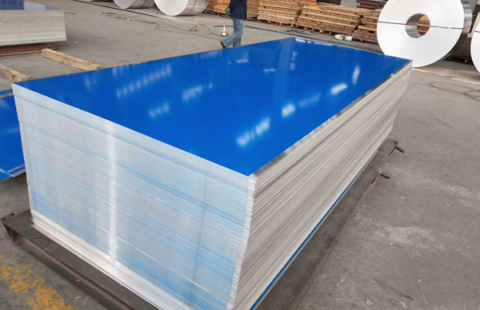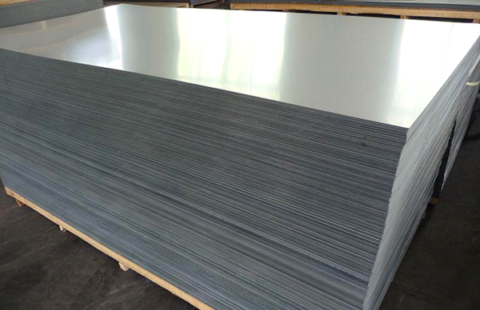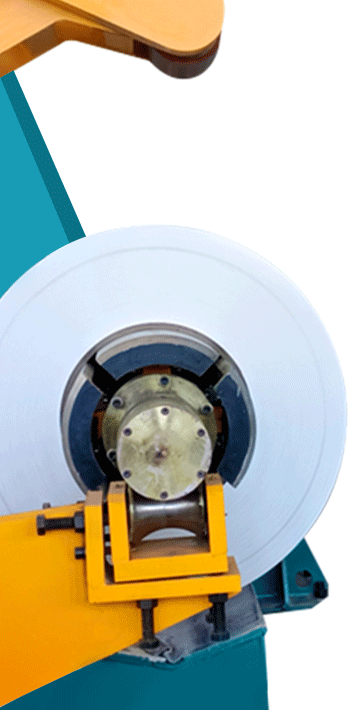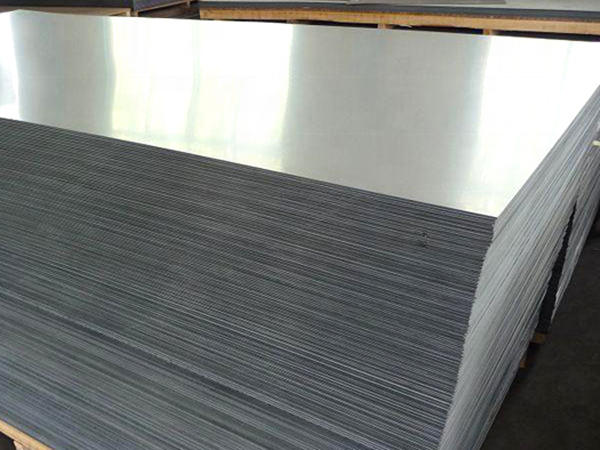
The Difference Of Aluminum Sheet And Plate
The Difference
Aluminum sheet and aluminum plate are both made from aluminum, but they differ in their thickness and applications.
Aluminium Sheet
Aluminium sheet is typically thinner than aluminium plate, with a thickness of 6mm or less.
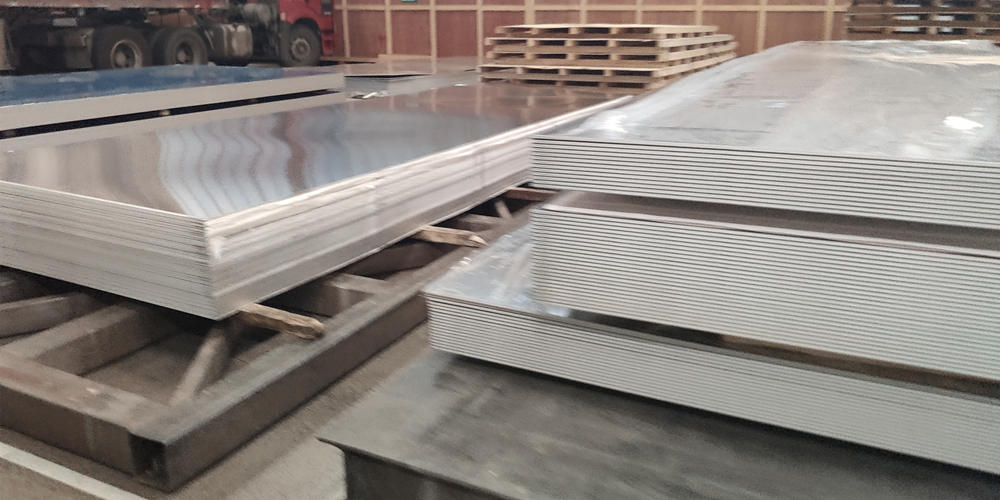
Application
It is often for applications that require lightweight and flexible material, such as packaging, signage, and roofing. Aluminium sheet is also used in electronics, as it is a good conductor of electricity and can be easily shaped and formed.
Aluminium Plate
Aluminum plate, on the other hand, is thicker than aluminium sheet, with a thickness of more than 6mm.
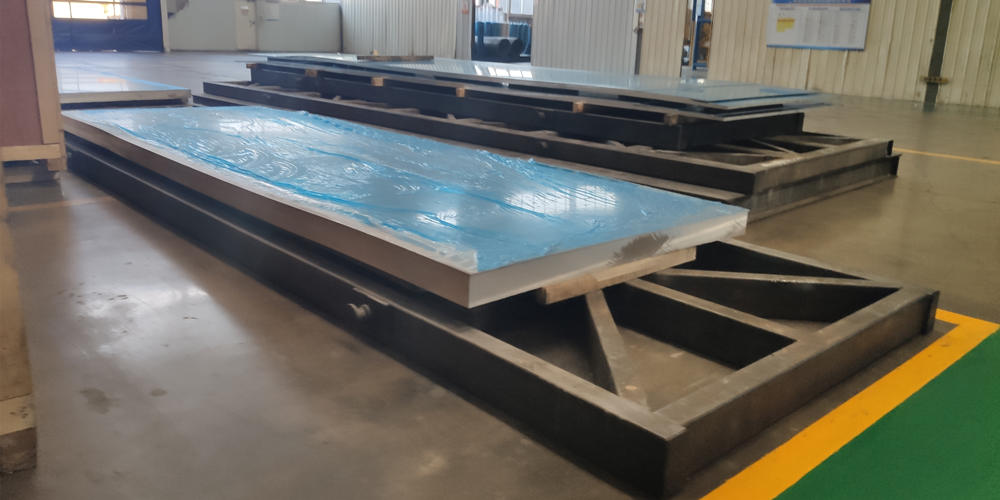
Application:
It is commonly in applications that require greater strength and durability, such as heavy-duty machinery, aerospace, and marine applications. Aluminum plate can also be used in structural applications, such as building facades and bridges.
In summary, the main differences between aluminum sheet and aluminum plate are their thickness and applications. Aluminum sheet is thinner and more flexible, while aluminum plate is thicker and stronger, making it suitable for heavy-duty applications.
How To Choose Aluminum Sheet And Aluminum Plate?
When choosing between aluminium sheet and aluminium plate, there are several factors to consider, including the intended application, required thickness, and desired properties. Here are some key considerations to keep in mind:
Application: Consider the intended use of the aluminum product. If you need a lightweight, flexible material for signage or packaging, aluminum sheet may be the best choice. If you need a strong, durable material for heavy-duty machinery or aerospace applications, aluminum plate may be more suitable.
Thickness: Determine the required thickness of the aluminum product. If you need a material that is 6mm or less in thickness, aluminium sheet may be the best choice. If you need a material that is thicker than 6mm, aluminum plate may be more appropriate.
Properties: Consider the specific properties of the aluminum product. Aluminium sheet is often preferred for its corrosion resistance and ease of fabrication, while aluminium plate is for its strength, durability, and machinability.
Additionally, you may want to consider factors such as thermal conductivity, electrical conductivity, and surface finish.
Budget: Finally, consider your budget when choosing between aluminium sheet and plate. Aluminium sheet is typically less expensive than aluminium plate, making it a good option for cost-sensitive applications.
In summary, when choosing between aluminium sheet and aluminium plate, consider the intended application, required thickness, desired properties, and budget to select the most suitable option.
Leave a Comment
You must be logged in to post a comment.

